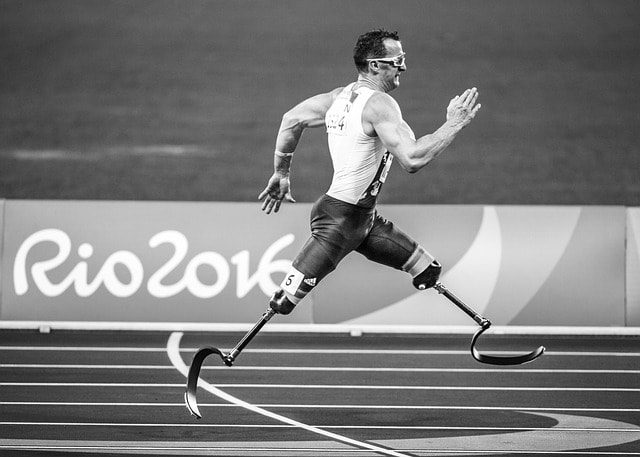Willpower: Definition, Examples, & QuotesWhat is willpower? In this article, you will learn what willpower means, the psychology of willpower, the benefits of it, and how to harness it to achieve your goals.
Gyms tend to have a surge of new members in January that they don’t have in other months of the year. However, by February the gym crowds dwindle with significantly fewer signs of new members than the month before. Are people really meeting their fitness goals in that short time or is it the decrease of individual motivation, willpower, and discipline that are responsible for the January to February shift?
As a self-proclaimed "foodie" and marathon TV watcher, engaging in actions aimed at improving my physical health with the traditional methods of diet and exercise is especially challenging. But my family's tradition of running a 5K for a cancer fundraiser, meant finding the willpower to endure the training so I can share in the joyous accomplishment of reaching the finish line for a worthy cause. Before being able to harness and grow willpower, understanding what it is and how it relates to our lives is an important first step. Before reading on, if you're a therapist, coach, or wellness entrepreneur, be sure to grab our free Wellness Business Growth eBook to get expert tips and free resources that will help you grow your business exponentially.
Are You a Therapist, Coach, or Wellness Entrepreneur?
Grab Our Free eBook to Learn How to
|
Are You a Therapist, Coach, or Wellness Entrepreneur?
Grab Our Free eBook to Learn How to Grow Your Wellness Business Fast!
|
Terms, Privacy & Affiliate Disclosure | Contact | FAQs
* The Berkeley Well-Being Institute. LLC is not affiliated with UC Berkeley.
Copyright © 2024, The Berkeley Well-Being Institute, LLC
* The Berkeley Well-Being Institute. LLC is not affiliated with UC Berkeley.
Copyright © 2024, The Berkeley Well-Being Institute, LLC




